Guts, Grit and Glory: Rudy’s Story
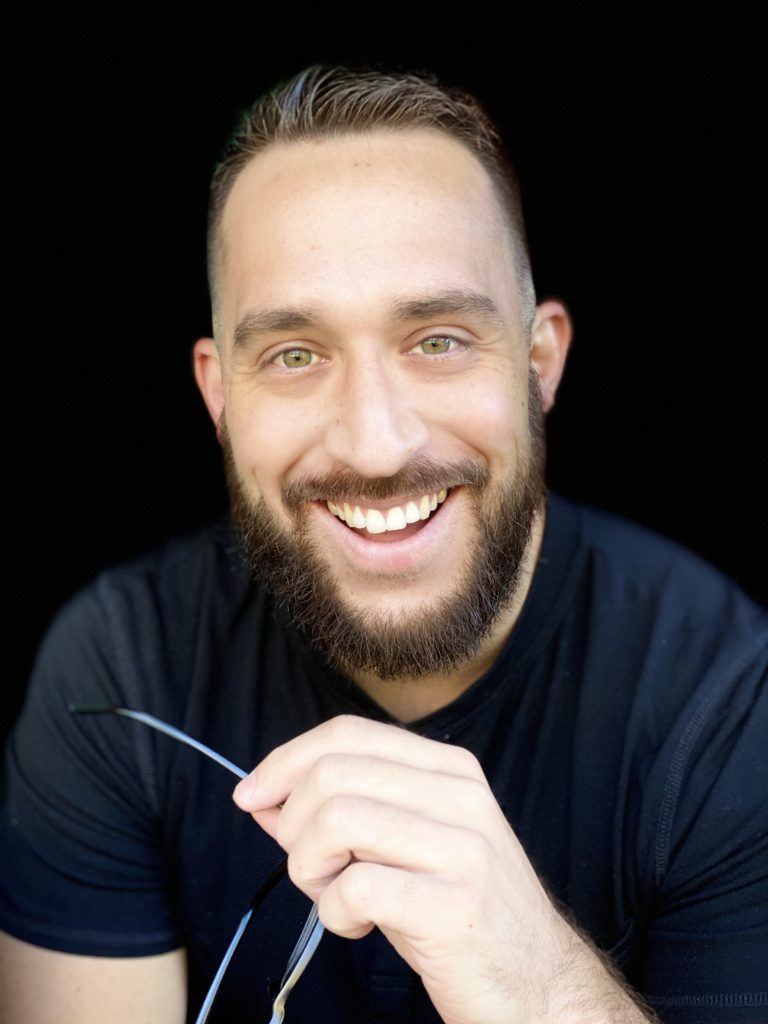
Guts, Grit and Glory: What one man’s journey out of addiction teaches us about second chances … and the power of “just showing up.”
In the 1992 classic against-all-odds sports film, Rudy, a college football player gets carried off the field—the first player in Notre Dame’s history to earn that honor. Rudy had made an impossible play, sacking the opposing team’s most formidable quarterback.
At “five-foot nothin’ and a hundred and nothin’” real-life football legend Rudy Ruettiger, upon whom the film was based, was an unlikely sports hero. He wasn’t just short and skinny … he also suffered from severe dyslexia. Despite those limitations, he informed his father that he was going to play football for the prestigious Notre Dame—effectively breaking a long-standing family tradition of working in the local plant after high school. His father’s response was a soul-crushing retort: “Play football at Notre Dame? Sure … and I’ll buy a mansion on Lake Shore Drive.”
WATCH RUDY’S TESTIMONY BELOW!
Living on the Fly While Getting High
As a young man, Rudy Saenz’s similar determination to play team sports did not result in that coveted Hollywood ending; in fact, his dreams never got past adolescence. He was cut from every school sports team he tried out for, fueling the rejection and disconnection he already felt from growing up in a family with high expectations, but little emotional connection. “My needs were always provided for, but the close relationship with my parents was lacking … their acceptance always seemed conditional,” says Rudy.
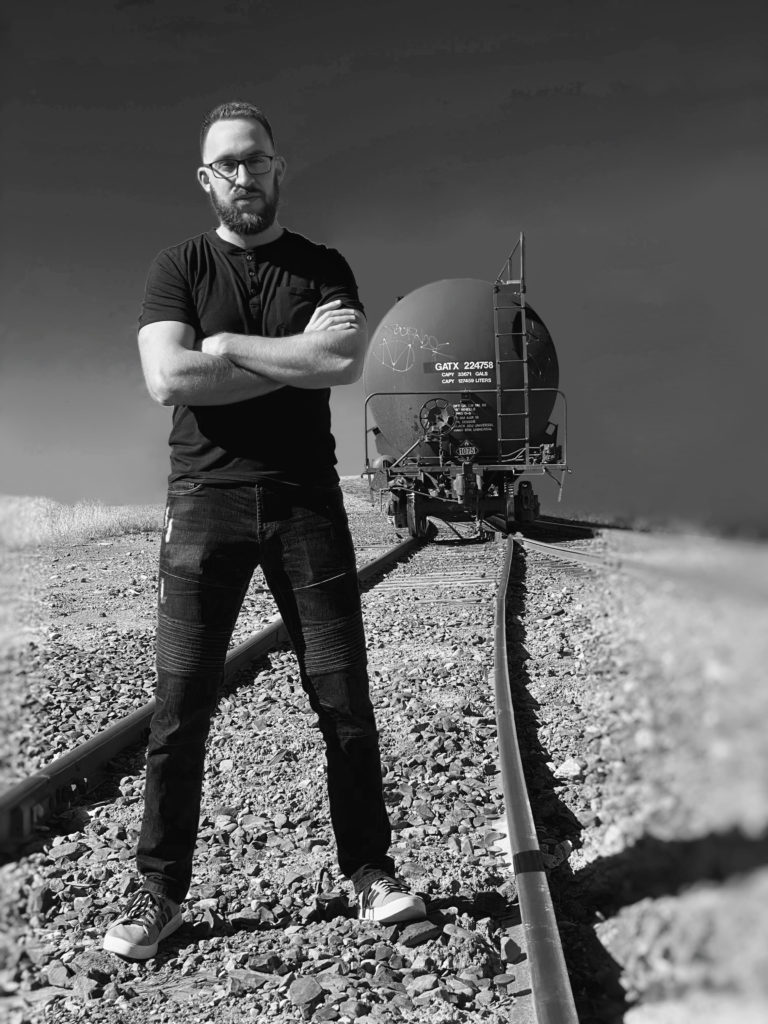
Desperate to fit in—somewhere—Rudy, a self-described “misfit,” began hanging out with a bad crowd. For the first time, he felt accepted for who he was, even though he had no clue who the “real Rudy” was supposed to be. A steady supply of drugs and alcohol numbed him to even caring. Once hooked, he continued to barrel rapidly down the slippery slope of dope and self-destruction—eventually landing in jail for theft and two DUIs.
Underneath, Rudy knew he was on the path to nowhere. But when you’re living in survival mode—flitting to and fro from fix to fix—introspection isn’t usually on the agenda.
Just One Look … That’s All It Took
It didn’t take long for Rudy to escalate from weed to pain killers, then eventually heroin. Numbness was his preferred state. Feelings, well, those were just too painful. As he sought higher states of altered consciousness, Rudy’s personal life spiraled into chaos. More than once he found himself living in his car, and later a homeless encampment. The further he descended into his addiction, the more hopeless he felt. His future looked bleak.
Rudy recalls his lowest point during those “lost years.” “I was brought handcuffed into court facing 24 felony counts and there in front of me was my mom and dad,” says Rudy, tears welling up. “And when I looked into my mother’s eyes, I could see the deep pain in her eyes. That shook me to the core.”
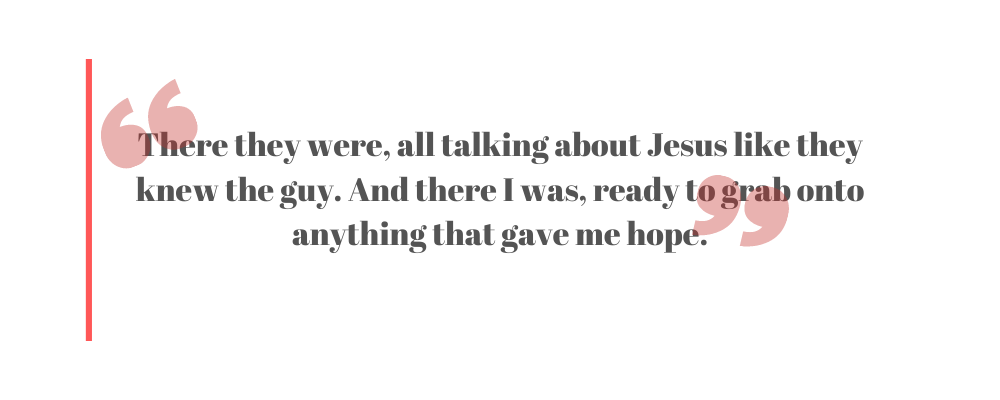
Thankfully, God had a plan that was greater than what the opposing forces had orchestrated for Rudy’s life. While behind bars, Rudy got a “sneak peek” at that plan after eavesdropping on some of his fellow prisoners who were huddled together out in the prison yard. “Of all things, they were discussing the Bible,” says Rudy. “There they were, all talking about Jesus like they knew the guy. And there I was, ready to grab onto anything that gave me hope.”
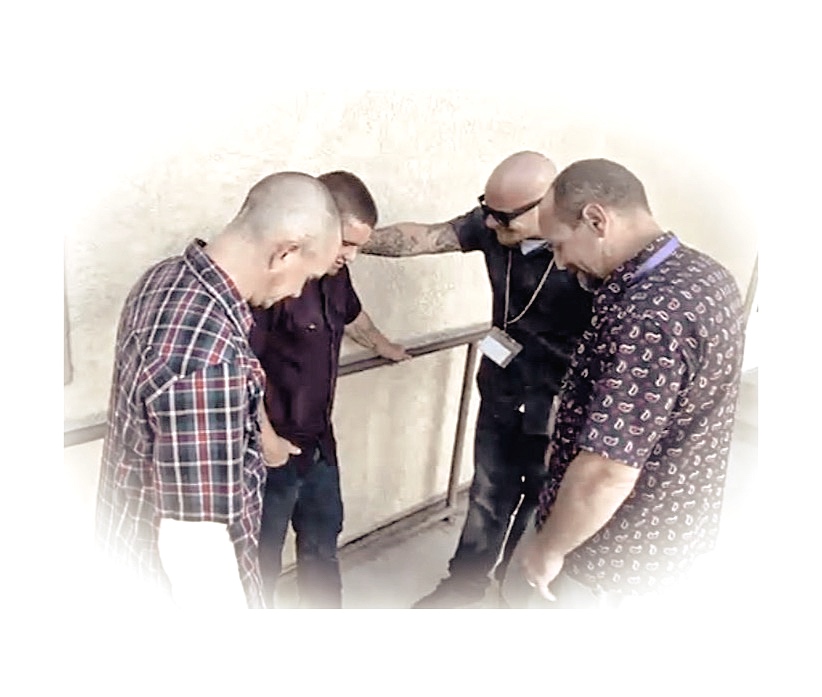
The Big Hint
Before long, Rudy was asked to pick a Bible verse and share with his fellow prisoners what it meant to him. “It was crazy!” says Rudy. “I was expecting maybe a few guys and then suddenly a motley assortment of 30 convicts, felons and dope fiends all just showed up and gathered in this giant circle. As it turned out, it was one of the biggest Bible studies the prison ever had.” That’s when he knew he had a calling on his life—even if he wasn’t quite ready yet to fully embrace it.
That wasn’t the only indicator that God had big plans for Rudy. “More than once, God protected me from consequences that should have taken me out,” says Rudy. Once while driving under the influence, Rudy totaled his car—smashing into a parked vehicle and a tree. “Miraculously, I managed to walk away unscathed from a car that was little more than a rumpled pile of steel and chrome … with a tree sticking out of the back seat!” exclaims Rudy. “Even crazier, the claim made against me for the other car I had totaled suddenly disappeared. To this day, I don’t know if someone had paid it on my behalf or it just up and vanished.”
“A Total Nightmare”
Rudy knows a thing or two about vanishing. He tried to do it more than once while at New Life Recovery Center, where he was placed as a condition of his release. “It was a total nightmare.” That’s how Rudy sums up his first week in the program. “It was cold and raining, I knew no one and I was living in a homeless shelter,” shares Rudy. “On top of that, the food … well, let’s just say it wasn’t my mom’s cooking. And I said what all ‘scared straight’ druggies say: ‘If I can just get out of here, I’ll never do that again!’”
Rudy did remain in the program, though it was ultimately a “win-fail.” After graduation, he quickly relapsed into his addiction. Then came the really hard part … a pure test of obedience. God told him to go back and do it again. The whole 18 months. “‘Absolutely not,’ I said, but a week later, I broke down and realized that I had to,” says Rudy. “Whatever I need to do to walk away from this path of self-destruction, I’ll do,” I told myself. “That’s how I ended up at the Mission … again.”
The second go-around wasn’t exactly a smooth start. “That first night, in chapel, I had what I thought at the time was a heart attack,” says Rudy. “It turned out to be a panic attack. I ran out of the chapel, stole a bike and off I went … to, as they say, ‘anywhere but here.’” Fortunately, like the prodigal son, Rudy eventually came to his senses (no pig sty required), and two days later returned (with the stolen bike) to the Mission.

Mentoring Matters
Rudy remained and completed his second 18 months. It was a life-changer. “It’s all about perseverance,” says Rudy. “Much of life is just showing up … of sticking it out to the end, even when you have no idea where you’re going or what you’ll find when you get there. For me, it had everything to do with listening to His voice and being obedient. And I did a terrible job of that at first. I got in trouble … a lot. However, I realized that what God sets forth is going to happen. I found that out real quick. That’s when I finally surrendered everything to Him.”
While in the program, Rudy studied and acquired skills at the Academic Center. Rudy identifies this as a critical foundation … for a host of reasons, not the least of which was the mentoring component. “Even if the volunteer at the Center doesn’t know, for example, Excel perfectly, that’s not really the point,” says Rudy. “What’s far more valuable is that you have someone sitting by your side believing in you—letting you know that you’ve got this! But even more important than that, you have someone who, just by their being there, is telling you that you’re worthy of the time being sown in your life. That’s gold, pure gold.”
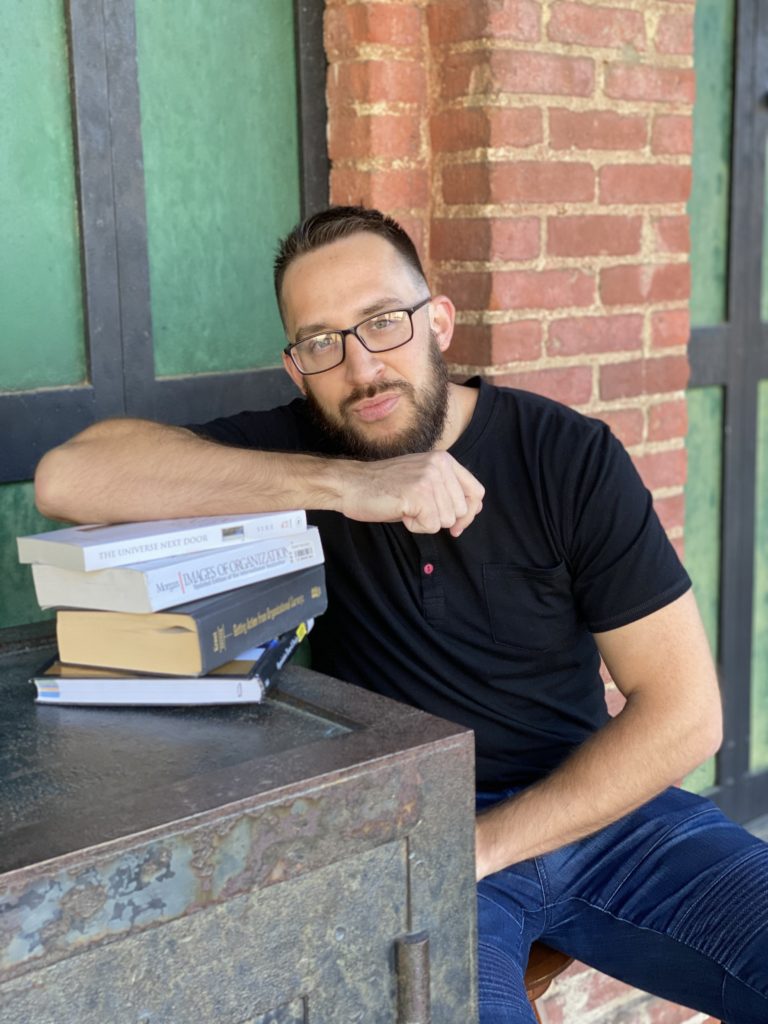
Living Out the Call
Rudy continued his education at Shasta College, then went on to Simpson University to get his BA. Today, he works at Simpson as the Manager of Degree Completion, while completing his Masters of Arts in Organizational Leadership through Regent University.
From his first experience leading “30 bad guys” while conducting a Bible study in prison, Rudy knew God had called him to be a leader—even if he was, at first, a reluctant one. He dreams of one day starting a non-profit. For now, he’s paying it forward by leading a men’s Bible-based discipleship group—a group that he says transcends the “church as usual” model.
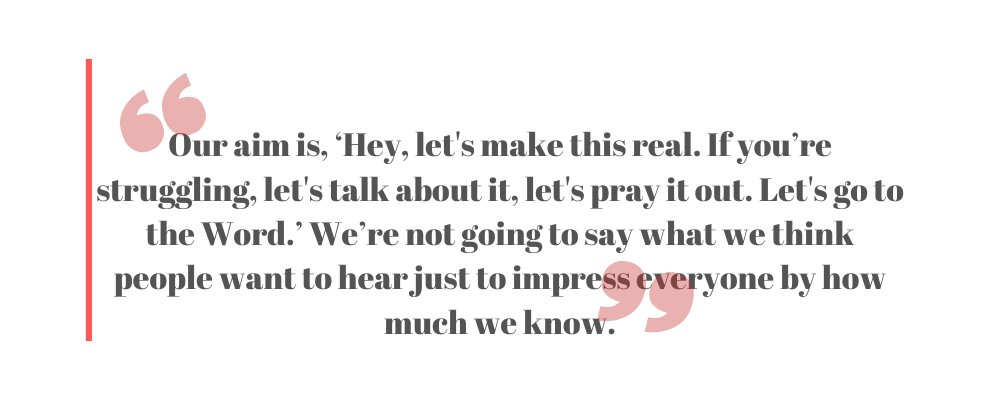
To me, Christian fellowship is not about meeting once a week but then you never talk to me again until the following week,” says Rudy. “Instead, our aim is, ‘Hey, let’s make this real. If you’re struggling, let’s talk about it. Let’s pray it out. Let’s go to the Word.’ We’re not going to say what we think people want to hear just to impress everyone by how much we know. From personal experience, I can tell you that it’s easy to ‘fake faith.’ You see it a lot … even with those guys who drop out of the program. Once they get squeezed a little bit, you see what comes out. And most of the time, it’s not Jesus.”
Change the heart. Change the world.
Rudy emphasizes another key component of finding lasting freedom from addiction: soul transformation. On the surface, he stresses that sobriety and “soul transformation” can look the same. But the latter, Rudy says, “is deeper … much deeper. Getting sober is a nice outcome, but the real aim is inner transformation. And it grows exponentially from there.”
“In the Kingdom, it works radically different than the world. Say one soul gets transformed, but that one soul might transform 5 others, who might transform 10 others, who go on to transform 20 others. And we can’t measure that, but it’s also not our job to measure it. That’s God’s job. So, I would say those who support New Life Recovery are not just providing a fix to a temporal problem … they’re funding an eternal mission.”
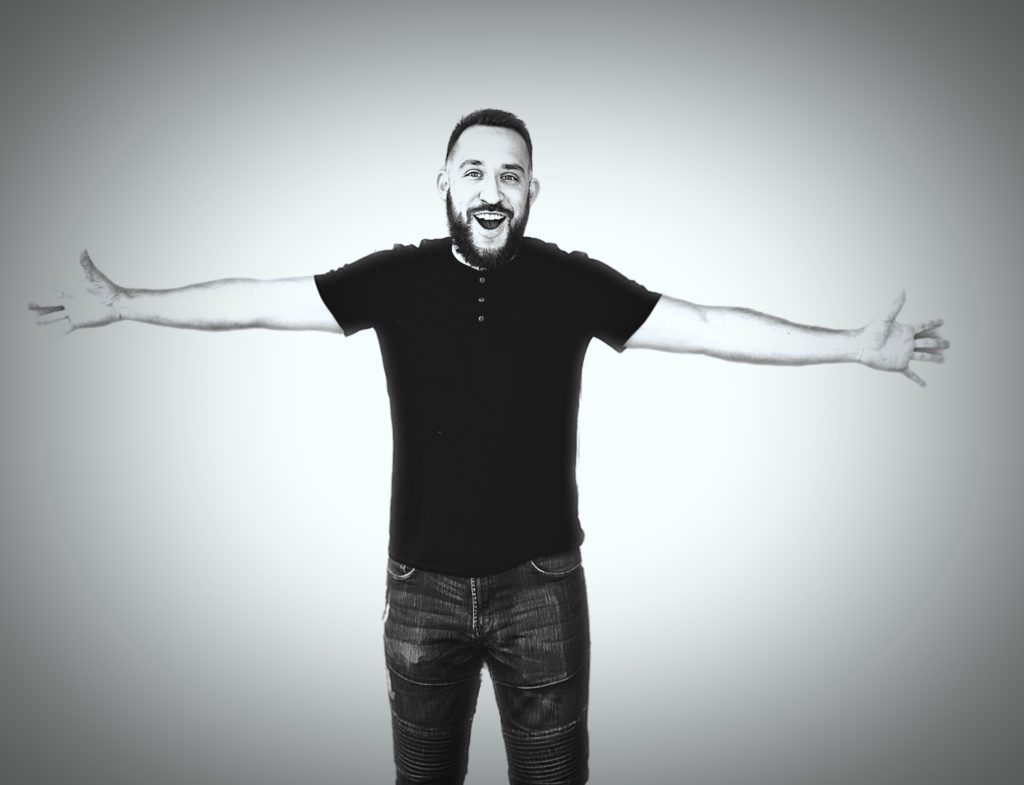
Rudy’s Redemption
Rudy Ruettiger, the 5’7” college football player who failed Notre Dame’s entrance exam three times and seemed destined to remain a “bench warmer,” was an unlikely hero. It took pure determination and perseverance for him to even get into the prestigious university, let alone make their famed football team. But as the college priest would counsel him, “Son, in 35 years of religious study, I have only come up with two hard, incontrovertible facts: there is a God and I’m not Him.”
Those words seemed enough to inspire Rudy to stay in the fight—despite all the naysayers. His job, he knew, was to bring the grit and the guts to the game… God would supply the glory. Which He would do … in a spectacular way.
This is celebrated football hero Rudy Ruettiger’s story. And, to a greater degree, it’s Rudy Saenz’s story as well—the once-lost young man who spent 36 months doing the hidden but nonetheless equally heroic work of “dying daily.” Saenz may have never been picked for a sports team. And his name will never be listed in the college football Hall of Fame. Nor is it likely that a Hollywood film will be made about him. But he’s known where it matters most … in the heart of the Savior. And in the hearts of those men he walks alongside in their own journey to finding lasting freedom. – jenni keast
About the Author:
Jenni Keast is our marketing content coordinator and a lover of jean jackets, the Great Outdoors, photography and all things mid-century. Her favorite authors are Holy Spirit (the Bible) G.K. Chesterson, C.S. Lewis, Leif Enger and Walter Isaacson, to name just a few.


